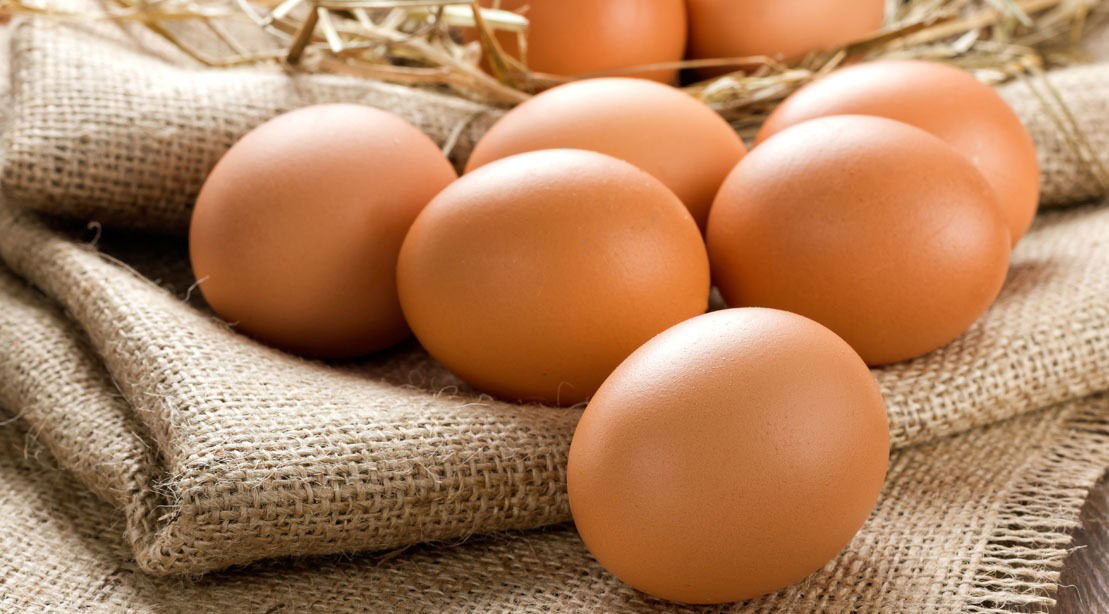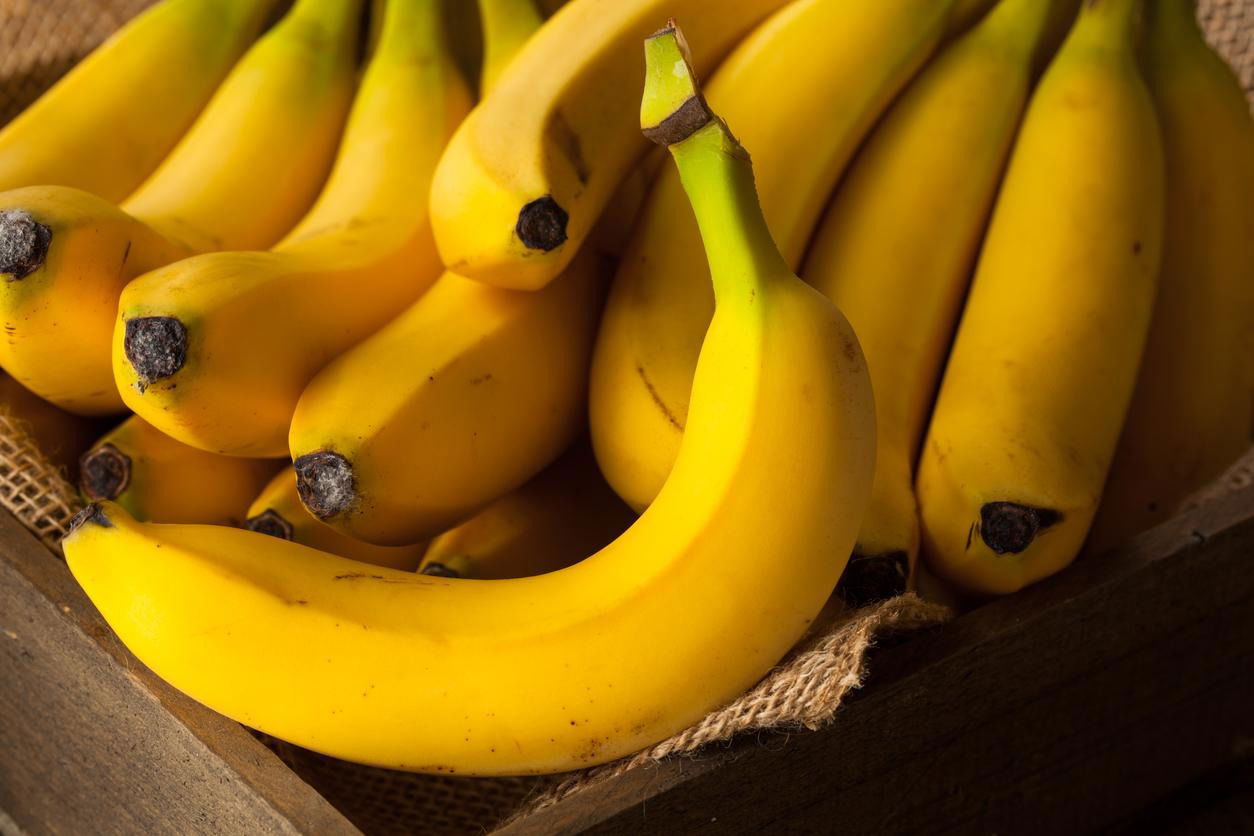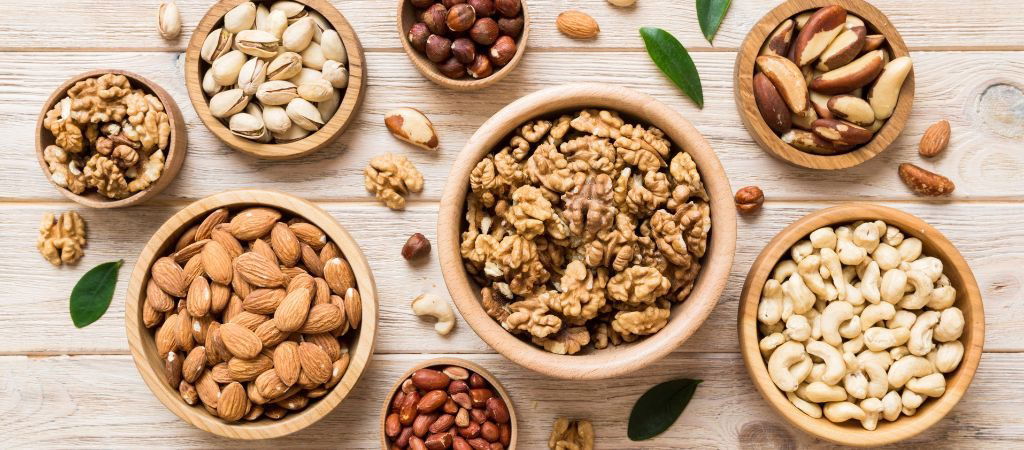
If you’ve ever been woken up by a sudden leg cramp or dealt with stiff muscles during the day, you’re not alone. Cramps are common, especially in older adults, but the right foods can make a big difference.
Here are three powerful superfoods that can help reduce cramps, improve mobility, and strengthen muscles naturally.
1. Eggs – A Complete Muscle-Support Food
Protein to Reduce Muscle Fatigue
Eggs are loaded with high-quality protein, which is essential for repairing and maintaining muscles. This is especially helpful for seniors facing age-related muscle loss, known as sarcopenia.
One egg provides about 6 grams of complete protein, which helps strengthen muscles and reduce the chance of fatigue-related cramps.
Vitamin D for Stronger Muscles
Eggs also contain vitamin D, which supports muscle and bone health by improving calcium absorption.
Since many seniors get less sun exposure, including eggs in the diet can help fill this nutritional gap.

Vitamin B12 to Support Nerve Health
Vitamin B12 in eggs plays a major role in keeping nerves healthy. Low B12 levels can impair nerve signals and cause spasms or cramping.
Eggs are an easy-to-digest, senior-friendly source of this vital nutrient.
How Many Eggs Should Seniors Eat?
Moderate consumption—around 6 to 7 eggs per week—is generally safe and beneficial for most older adults.
For those with high cholesterol or heart conditions, it’s best to consult a doctor first.
2. Bananas – The Potassium-Rich Cramp Fighter
Potassium for Muscle Function
Bananas are rich in potassium, which helps muscles contract and relax properly. Low potassium (hypokalemia) can lead to muscle spasms and cramps.
One medium banana provides about 12% of the daily potassium requirement.
Magnesium for Muscle Relaxation
Bananas also provide magnesium, which supports energy production in muscles and prevents overstimulation.
This helps muscles stay relaxed and reduces the risk of sudden cramps.

Vitamin B6 for Healthy Nerves
Vitamin B6 in bananas supports nervous system health, helping muscles recover faster and reducing the frequency of nerve-related cramps.
Each banana contains about 30% of the daily B6 requirement.
How Many Bananas Should Seniors Eat?
One banana per day is generally enough. If cramps are frequent, two may help. Seniors with diabetes should consume them with fiber-rich foods to manage blood sugar levels.
3. Nuts and Seeds – Tiny Powerhouses for Muscle Support
Rich in Magnesium and Potassium
Nuts and seeds are excellent sources of magnesium and potassium, two minerals essential for muscle health.
For example, pumpkin seeds and almonds offer high levels of both, making them ideal for preventing cramps.
Healthy Fats Improve Circulation
The healthy fats in nuts and seeds, including omega-3s and monounsaturated fats, support better blood flow to muscles.
Improved circulation helps deliver oxygen and nutrients more effectively, which prevents nighttime cramping.

Anti-Inflammatory Benefits
These foods are rich in antioxidants and anti-inflammatory compounds. They can help reduce chronic inflammation, support recovery, and ease soreness from conditions like arthritis.
How Much Should Seniors Eat?
A small handful (about 1 ounce) of nuts daily is enough. Sprinkle seeds like flax or chia over meals to boost your intake without overdoing calories.
Final Thoughts
Eggs, bananas, nuts, and seeds provide essential nutrients like protein, potassium, magnesium, and key vitamins that support muscle and nerve health.
Adding these superfoods to your diet—along with staying hydrated and active—can greatly reduce muscle cramps and improve your overall well-being.
Always consult your healthcare provider before making dietary changes, especially if you have existing medical conditions.















